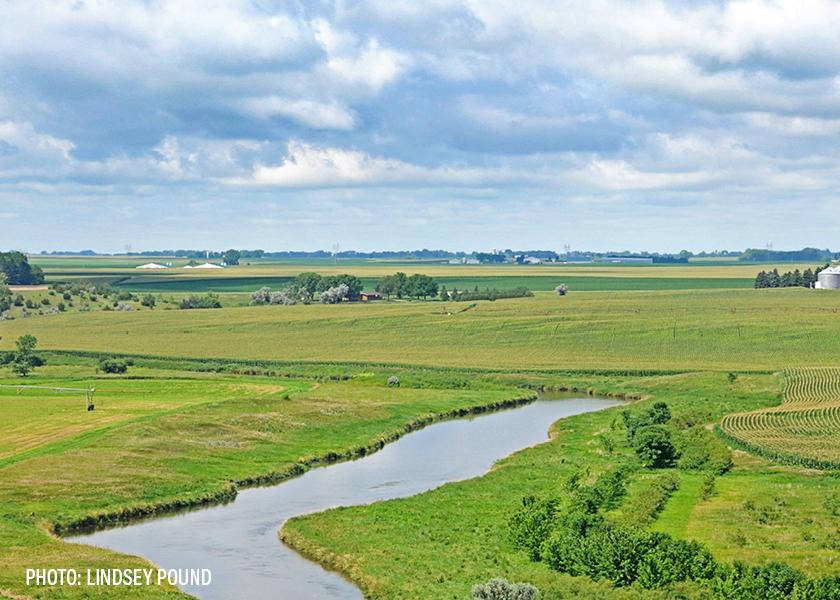What’s Wrong with the Current Waters of the U.S. Rule?

The latest Waters of the U.S. (WOTUS) definition—put into motion by the Biden administration on March 20—was met with a wave of backlash from the ag industry for its “overreaching” jurisdiction.
That opposition was validated on Wednesday when a U.S. District Court Judge, Daniel Hovland, granted an injunction that blocks enforcement of the WOTUS rule in 24 states.
“An injunction at this early stage can avoid the massive waste of resources and delayed projects in pursuit of permits that may soon be legally irrelevant,” Judge Daniel Hovland wrote in his ruling.
Related story: What Bodies of Water are Considered WOTUS?
Hovland’s decision follows a similar injunction that was filed in Texas on March 20, which effectively blocked WOTUS enforcement in Texas and Idaho. He says the EPA’s final WOTUS rule was premature, as the pending U.S. Supreme Court WOTUS case will settle the dispute in all affected states.
So, what makes EPA’s final WOTUS rule “unlawful” and worthy of an injunction? Ethan Lane, vice president of government affairs at NCBA, says it comes down to bureaucracy.
What's Wrong with WOTUS?
Under the current rule, the following bodies of water are considered WOTUS and therefore subject to federal regulation:
• Traditional navigable waters
• Tributaries that contribute perennial or intermittent flow to such waters
• Certain ditches that meet specific criteria related to flow and function
• Certain lakes and ponds
• Impoundments of otherwise jurisdictional waters
• Wetlands that are adjacent to jurisdictional waters
Lane says the EPA’s WOTUS “patchwork” in words like “certain lakes and ponds” has carved-out room for discretion. He says this discretion will rob policymakers and landowners of time and money.
“As I understand it, this rule says EPA is going to determine jurisdiction on a case-by-case basis—that just blows me away,” Lane says. “This is never the way you want a bureaucracy to interact with your private businesses.”
Richard Gupton, senior vice president of public policy and counsel at the Ag Retailers Association, echoed Lane.
"Rushing the new rule out only served to increase uncertainty for the ag retail industry while eroding [landowners] trust in the EPA's deliberations and stakeholder consultations."
The remedy, according to Lane, is for EPA to define exactly what the land and water “safe harbors” are and remove any room for opinion. And Lane isn’t alone in that thought.
“This isn’t just a philosophical dispute: farmers and ranchers in the remaining states are left with no clear way to determine where federal jurisdiction begins and ends on their own property,” said Zippy Duvall, Farm Bureau president, in a press release. “With the rule now on hold in more than half the country, EPA and the U.S. Army Corps should do the right thing by listening to our legitimate concerns and rewriting the rule to draw a bright line of jurisdiction.”







